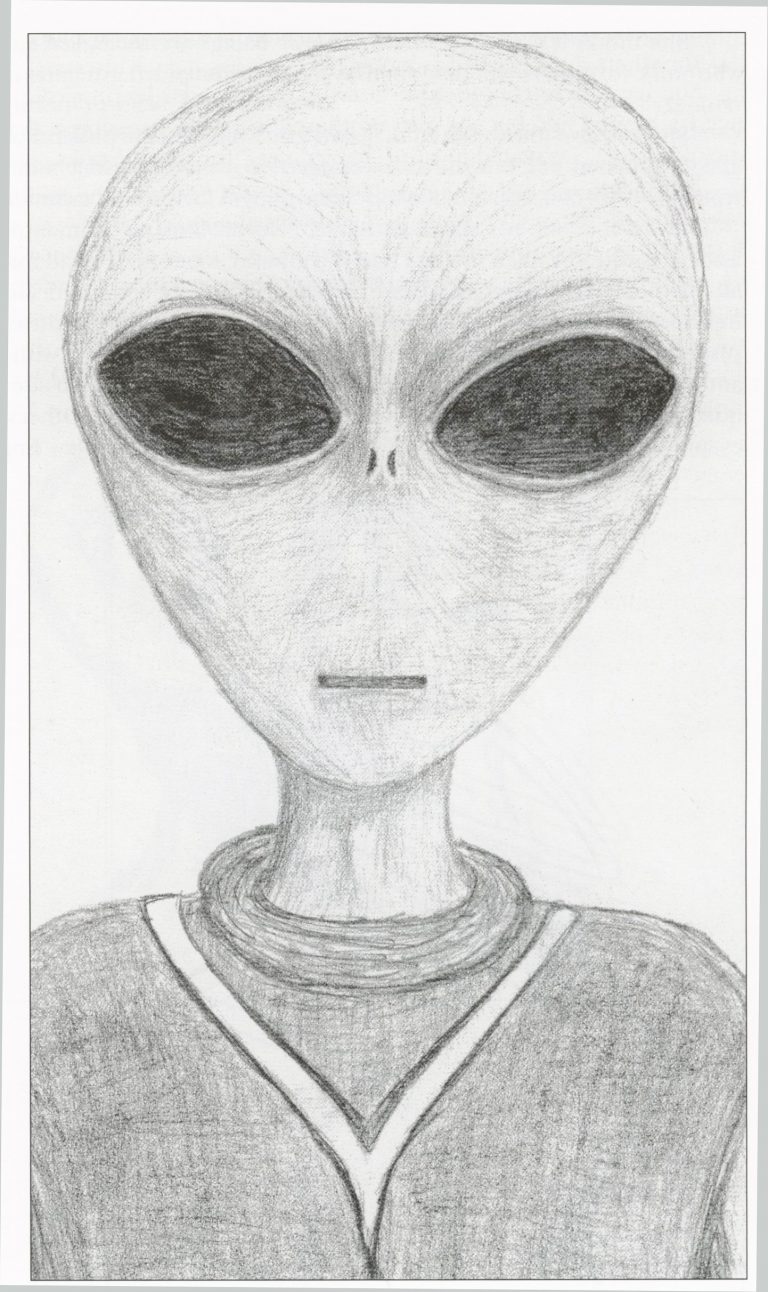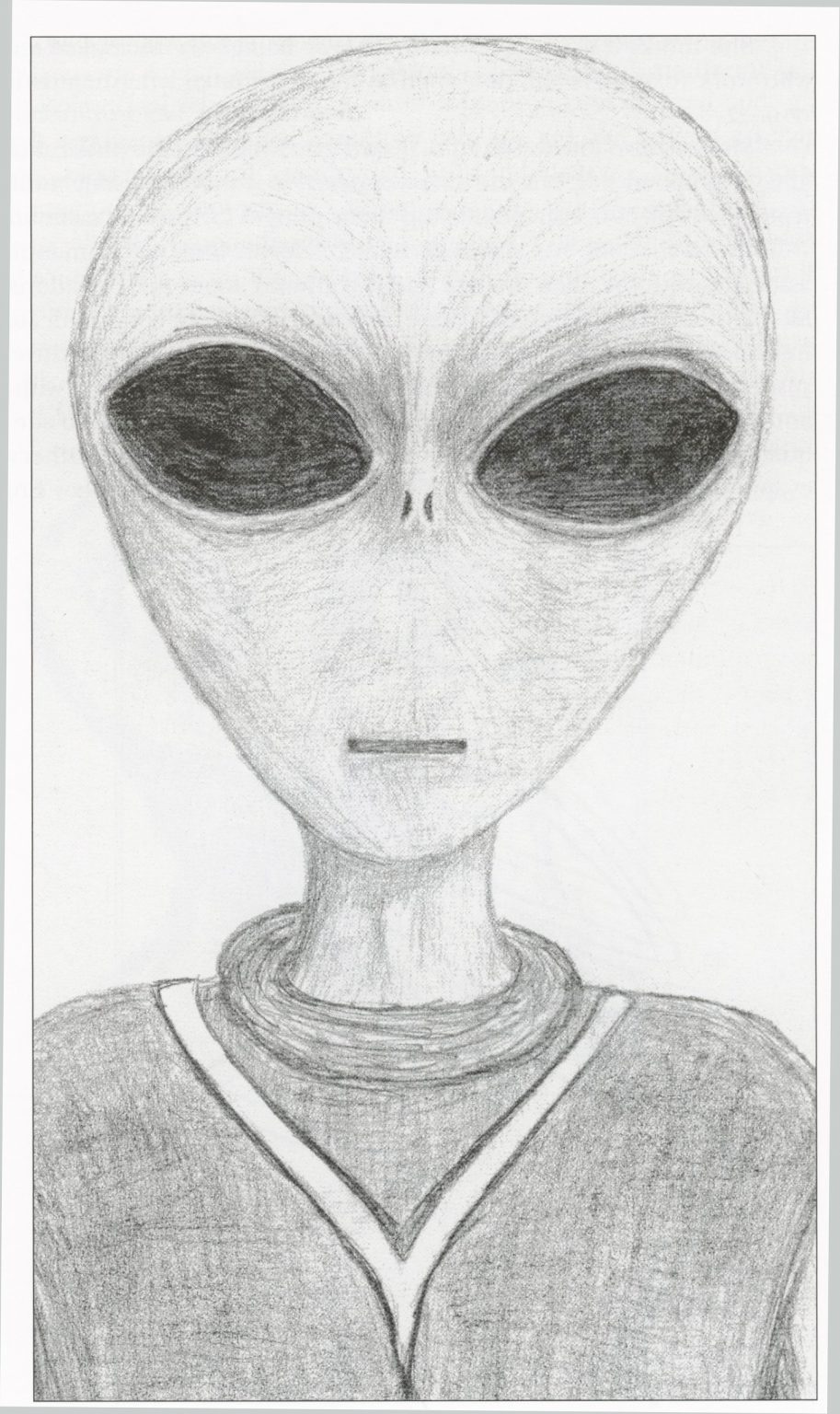
We do not need to speculate about the identity of the Beloved Disciple to realize his function: to validate the fourth gospel’s vivid and alternative presentation of Jesus. The solution: Introduce a character who was more mature spiritually than any other disciple, the closest favourite of Jesus, one so beloved that his credibility could not be doubted.ĭepicting the trustworthiness of this character is vital, for this disciple is also presented as a key source for the fourth gospel itself and therefore an authority for its distinctive presentation of Jesus’s identity”.
GLIMPSES OF OTHER REALITIES FACTS AND EYEWITNESSES HOW TO
Believers were familiar with the Gospels of Mark, Matthew and Luke, so how to get away with changing the temple cleansing episode from the end to the beginning of the gospel, and how to introduce the raising of Lazarus, with any chance that they would be accepted? He was introducing radically new material into the life of Jesus. Litwa notes a huge problem facing the author of the fourth gospel. The details of his other sources, both oral and written, are never supplied. He clearly used the gospel of Mark, though he never once gives any impression that he did so. In fact, the author of Luke seems content to hide the nature of his sources. The fact that none of these witnesses is ever named and none of their reports is ever distinguished in the narrative, however, raises many questions. To be sure, the author of Luke mentions receiving traditions from eyewitnesses (1:2). CollinsĪgain, it is refreshing to read Litwa’s answer to this question: They would have boasted, like Josephus, of their eyewitness status and used it to confirm their authority.<īut is not Luke an exception? Does he not claim to have interviewed eyewitnesses for his gospel?įor a quite different interpretation of Luke’s reference to eyewitnesses, see any of the posts addressing an article by John N. Real eyewitnesses would not have left firsthand experience open to doubt. If they based their accounts on eyewitness reports, they would have named those eyewitnesses specifically and related their differing accounts. If they were, the authors would have named themselves and explicitly claimed to have seen the events that they narrated. The gospels were probably not written by eyewitnesses.

If we accept this practice as the literary custom at the time the gospels were composed then Litwa’s argument makes sense: Not that they cited an eyewitness with every event, but they would often boast of their first-hand information in a prologue or whenever a particularly unusual event was being narrated. Litwa points out that as a rule ancient Greco-Roman historians sought to impress audiences with the credibility and superiority of their accounts by appeals to eyewitness sources. (Litwa, 194 f) Historians and eyewitness reports - comparing the gospels

Homer knew that if one was not an eyewitness, skillful literary art could produce an eyewitness effect. Still, by means of his vivid presentation, Demodocus could make it seem as if he were an eyewitness or had heard from one who was.

In Homer’s Odyssey, the hero Odysseus praises the singer Demodocus for relating the events of the Trojan War “as if you were present yourself, or heard it from one who was.” Demodocus was definitely not present, a point that Odysseus well knows. Let Homer answer the question, so often asked rhetorically when apologists insist on the historicity of the gospels. Odysseus is weeping at the court of Alcinous as the blind minstrel Demodocus sings about Odysseus and Achilles at Troy while playing the harp. (Litwa, 194) Odysseus is weeping at the court of Alcinous as the blind minstrel Demodocus sings about Odysseus and Achilles at Troy while playing the harp. Through the eyes of the literary eyewitness, a subjective and spiritual event could be represented as real and verifiable.įictive or not, eyewitnesses were greatly valued in ancient Mediterranean culture.

And does not striking life-like vividness of detail in a narrative strongly indicate an eyewitness report? It’s refreshing to see a biblical scholar answer that question in the negative.īut first, some opening quotes to give you the main drift: Who Is the Beloved Disciple? - I like Litwa’s answer to that question better than any argument that it was Paul or Mary or John or. This is probably my favourite chapter in How the Gospels Became History by M.


 0 kommentar(er)
0 kommentar(er)
